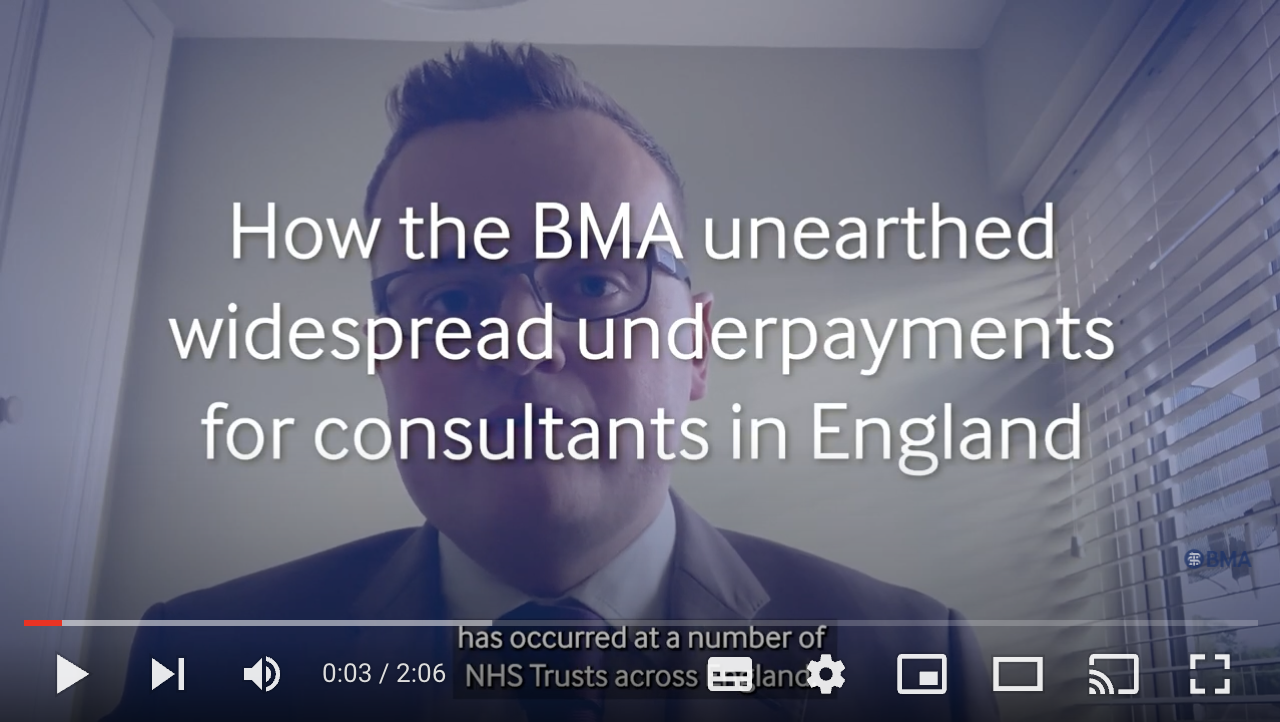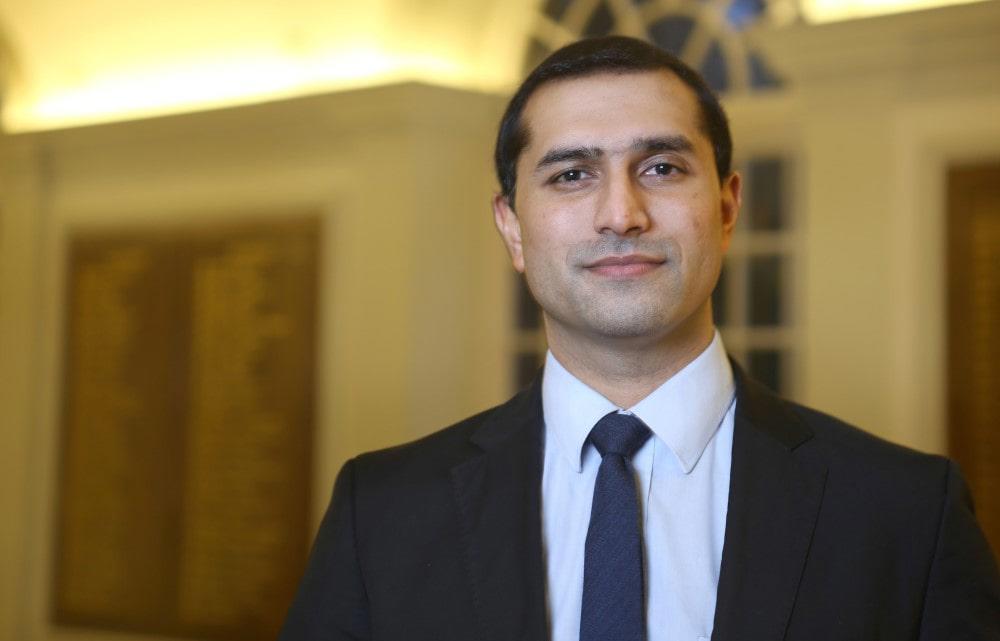The BMA consultants negotiations team have uncovered a significant shortfall in the amount spent on local CEAs in England. This is estimated to be as much as £30m nationally.
Experience locally has confirmed this. BMA industrial relations officer Andrew Jordan has established that in five trusts in the West Midlands an underspend of more than £1.7m has been made on LCEAs (local clinical excellence awards).
Consultants in four of these five trusts have been promised an average of around £2,700 in back pay each. BMA IROs are examining how many trusts in other parts of England have made the same error.
It is ‘inevitable’ that others are affected, and members will be contacted once investigations are completed.
Cumulative funds
Following pressure from the BMA consultants committee, NHS Employers has also released clarification about how CEAs are calculated.
The error arose primarily because the trusts failed to apply the correct investment to LCEAs, which form part of consultants’ terms and conditions.
Investment in LCEAs is calculated in each English trust by multiplying the headcount number of eligible consultants by the year’s LCEA award, and then multiplied by a ratio. Following renegotiation of LCEAs in 2018, these tended to be applied correctly in the first year 2018/19.
But some trusts failed to take account of the crucial fact that funding was cumulative; investment from previous years needed to be reinvested, in addition to the new sum identified by the formula in subsequent years.

Employment type
Another error identified by the BMA consultants committee and IROs was that, when counting the number of consultants in a trust for these calculations, this should be based on the total number or ‘headcount’ rather than FTE (full time equivalents).
However, many trusts had used the FTE and if this figure was used it reduces the available CEA funding by an average of 6 per cent.
Even in trusts where the local negotiating committee was assured that the funding would be applied cumulatively, as per the agreement between the BMA and NHS Employers, the message sometimes did not get through to staff in finance and HR departments.
When the underspend was identified, BMA industrial relations manager Caroline Bannister carried out some further research and her colleague Mr Jordan applied this to the five trusts in the West Midlands. This was for the errors in the financial years of 2019/20 and 2020/21.
BMA IROs are now working with trusts across the country to find out the full extent of the problem. The BMA is cautioning that it may take months do so because HR and finance departments – albeit often overstretched – have sometimes been known to take months to give full responses to enquiries.
Funding pot
At the start of the pandemic, it was agreed that new LCEA awards would not be made individually because of the time and effort involved in assessment and instead the money would be divided between all eligible consultants. But the issue remains the same – this is about the overall size of the funding pot for LCEAs.
In addition, pressure from BMA consultants committee negotiators led to NHS Employers releasing guidance regarding the calculation of CEAs in 2021/22. It stresses that ‘the funds for investment are cumulative over the period’ between 2018 and 2022.
It also makes clear when employers should be using the overall head count of consultants when calculating funds for previous years. Owing to the different method of calculation for 2021-22 the additional funding in that year is, however, based on FTE.
Unusual discovery
 SHARMA: Errors widespread
SHARMA: Errors widespread
BMA consultants committee chair Vishal Sharma said: ‘The discovery of the error is a highly significant development, which has arisen through the diligence, experience and professionalism of the BMA consultants committee and our member relations staff.
'While it is regrettably rather common that trusts make errors with the individual pay of doctors, it is unusual to discover errors such as this which are widespread and happening across the whole country.
‘Our priority now is to establish trust by trust who is affected, and to ensure that consultants are given their due reward for the work they do.
‘It is also to be welcomed that NHS Employers have issued guidance to remind trusts of the correct way to calculate CEAs, including a clear direction that any underspend on CEA funds between 2018 and 2021 must be paid to consultants in this financial year.’

